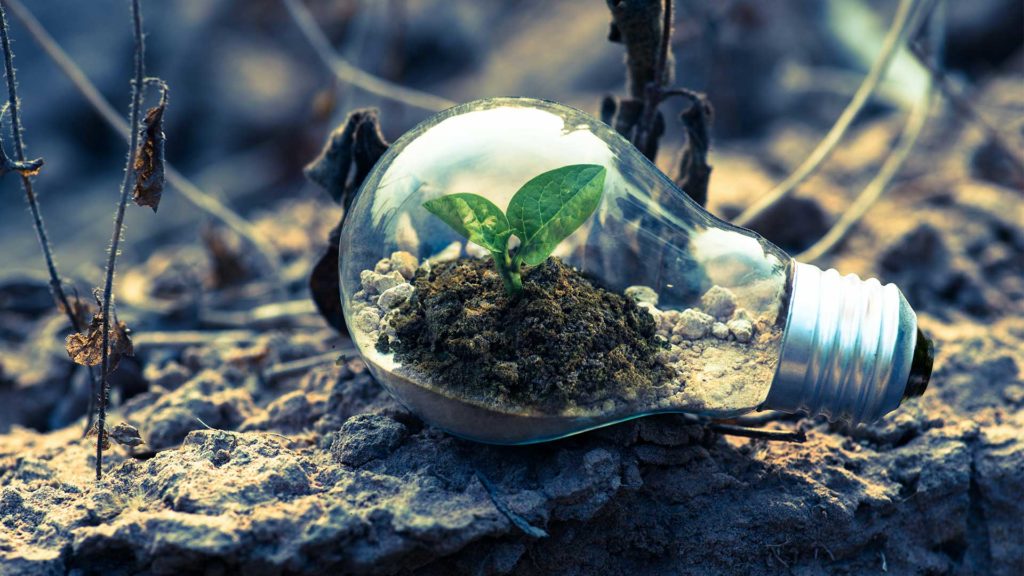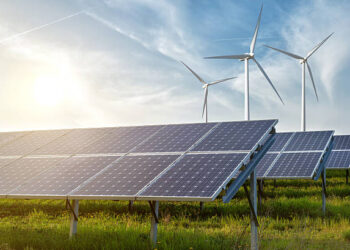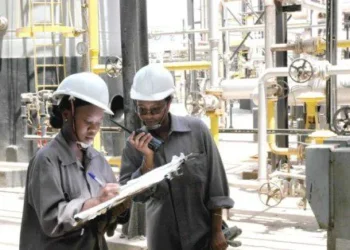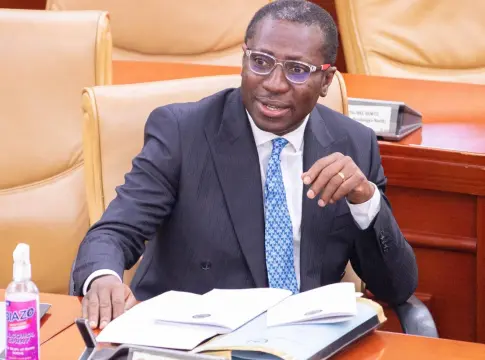The debilitating effect of the ongoing energy spikes highlight the urgency and the benefits for African countries to increase investments into cheaper and cleaner sources of energy, according to the International Energy Agency (IEA).
Faced with soaring food, energy and other commodity prices issues due to the Russia-Ukraine war coupled with impact of the Covid-19 pandemic, the overlapping crises are affecting many parts of Africa’s energy systems. This includes reversing positive trends in improving access to modern energy, with 25 million more people in Africa living without electricity today compared with before the pandemic.
Meanwhile, Africa is already reeling under more severe effects from climate change than most other parts of the world– including massive droughts– despite bearing the least responsibility for the problem. Africa accounts for less than 3 per cent of the world’s energy-related CO2 emissions to date and has the lowest emissions per capita of any region.
Despite these challenges, the report finds that the global clean energy transition holds new promise for Africa’s economic and social development, with solar, other renewables and emerging areas such as critical minerals and green hydrogen offering strong growth potential if managed well.

“Africa has had the raw end of the deal from the fossil fuel-based economy, receiving the smallest benefits and the biggest drawbacks, as underlined by the current energy crisis. The new global energy economy that is emerging offers a more hopeful future for Africa, with huge potential for solar and other renewables to power its development – and new industrial opportunities in critical minerals and green hydrogen.
“The immediate and absolute priority for Africa and the international community is to bring modern and affordable energy to all Africans – and our new report shows this can be achieved by the end of this decade through annual investment of $25 billion, the same amount needed to build just one new LNG terminal a year. It is morally unacceptable that the ongoing injustice of energy poverty in Africa isn’t being resolved when it is so clearly well within our means to do so.”
Dr Fatih Birol
Renewable Energy as Driving Force for Electricity
Already the cheapest source of power in many parts of Africa, solar is set to outcompete all other sources continent-wide by 2030. Renewables– including solar, wind, hydropower and geothermal– account for over 80% of new power generation capacity added by 2030 in the Sustainable Africa Scenario.
While renewables are the driving force for Africa’s electricity sector this decade, the continent’s industrialisation relies in part on expanding natural gas use. More than 5 000 billion cubic metres (bcm) of natural gas resources have been discovered to date in Africa that have not yet been approved for development.
These resources could provide an additional 90 bcm of gas a year by 2030, which may well be vital for Africa’s domestic fertiliser, steel, cement and water desalination industries.
Cumulative CO2 emissions from the use of these gas resources over the next 30 years would be around 10 billion tonnes. If these emissions were added to Africa’s cumulative total today, they would bring its share of global emissions to a mere 3.5%.
Africa’s vast resources of minerals that are critical for multiple clean energy technologies are set to create new export markets but need to be managed well, with Africa’s revenues from critical mineral exports set to more than double by 2030.
A number of low-carbon hydrogen projects are underway, focused primarily on producing ammonia for fertilisers, which would strengthen Africa’s food security. Africa has huge potential to produce hydrogen using its rich renewable resources. As much as today’s energy demand could be produced at internationally competitive price points by 2030.
Achieving Africa’s energy and climate goals means more than doubling energy investment this decade. This would require over US$190 billion each year from 2026 to 2030, with two-thirds going to clean energy.
READ ALSO: Belgium Hands Former Congolese President’s Tooth to Family





















